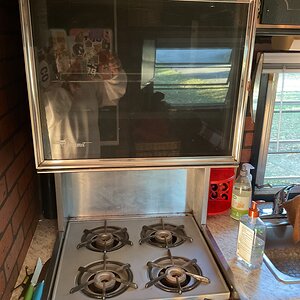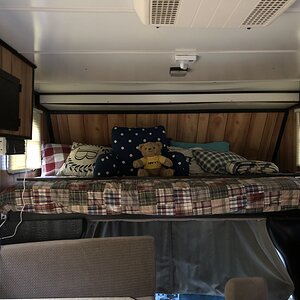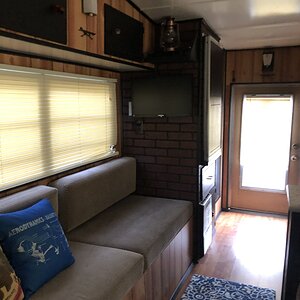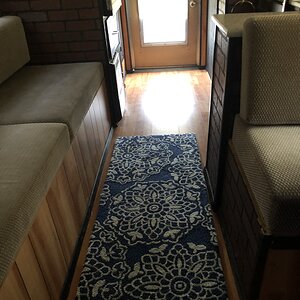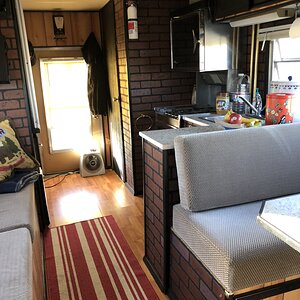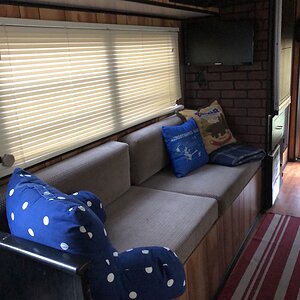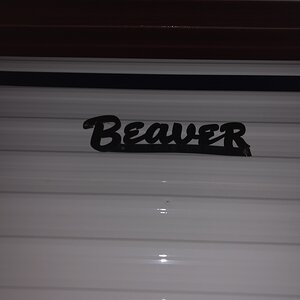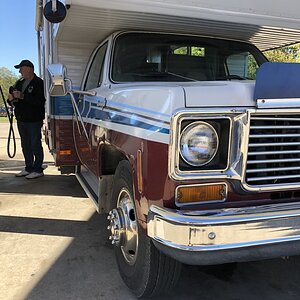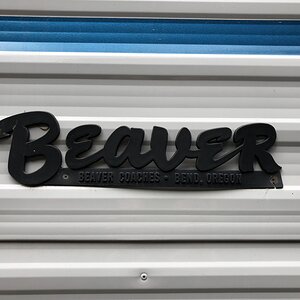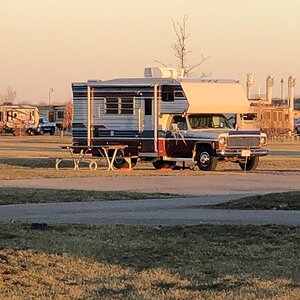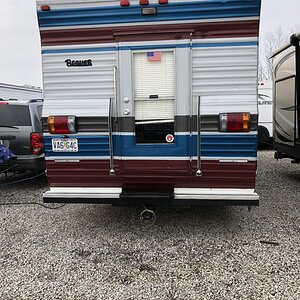Fueco
RVF VIP
So, I’m planning to relandscape the front corner of our yard. The basic idea is to move our fence line up to the street (to match the neighbor’s fence on that side), and get our trailer parked behind the fence.
There are two aspects of this project relevant to this forum that I’d like to seek advice on.
1. The ground is currently a bit soft: our trailer has dug into the ground about an inch over the winter. Is there a good resource you know of that does a clear job of explaining how to lay a crushed gravel parking pad that will hold up to use?
2. Is wiring an RV power station reasonably straightforward? It would be about a 75 foot run of wiring from our breaker box. I’m thinking about one of those power posts you see at campgrounds that have 50/30 and household power).
I should add that we’re in an area with few building restrictions since we’re outside the city limits, in rural Boulder County.
There are two aspects of this project relevant to this forum that I’d like to seek advice on.
1. The ground is currently a bit soft: our trailer has dug into the ground about an inch over the winter. Is there a good resource you know of that does a clear job of explaining how to lay a crushed gravel parking pad that will hold up to use?
2. Is wiring an RV power station reasonably straightforward? It would be about a 75 foot run of wiring from our breaker box. I’m thinking about one of those power posts you see at campgrounds that have 50/30 and household power).
I should add that we’re in an area with few building restrictions since we’re outside the city limits, in rural Boulder County.

